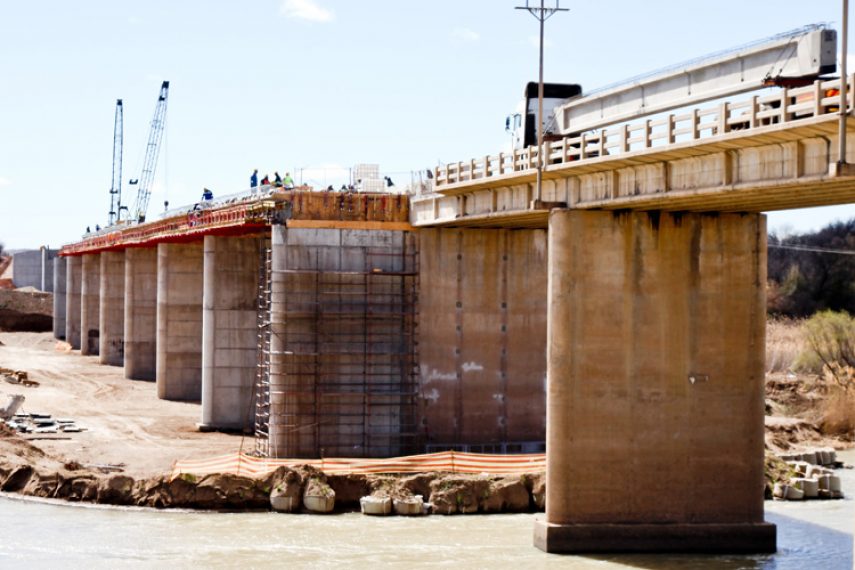THE construction sector – and particularly civil engineering – will remain in the doldrums for 2018 with hopes for some improvement to begin next year, according to Industry Insight senior economist David Metelerkamp.
Speaking to construction industry stakeholders at a recent AfriSam breakfast briefing on the State of the South African Construction Industry, Metelerkamp said that the civils sector was bearing the brunt of the construction downturn, and companies reported the worst levels of confidence since the early 1990s.
“Over the last 18 months, there has been a significant decline in the value of tenders awarded,” he said, pointing to a 26% decrease in the value of projects over the past year.
He highlighted that order books across the civils sector remain flat, and even dropped in recent months, possibly as a result of President Cyril Ramaphosa’s planned clean-up of the state-owned enterprises which had in some instances delayed expenditure. But he saw more efficient SOEs as a positive factor in the medium to long term for civils.
“Conditions will remain tough this year, which will possibly be the worst year for the civils sector,” he said, “but we are expecting some improvement next year and the following year.”
The civils sector had experienced poor annual growth levels for many years up to 2016, after which its performance had worsened further with five consecutive quarters of negative growth.
Some good news came recently with Energy Minister Jeff Radebe’s interventions to progress 27 independent power producer agreements. Metelerkamp noted that civils contractors would have to rely more on the private sector contracts like these. There might also be good news in store as the next national election looms, with an election run-up often coinciding with the issuing of more government tenders.
In the interests of transforming the sector, government has also been breaking up large infrastructure projects into smaller pieces, to allow greater access by small contractors; these smaller players have therefore taken over a substantial portion of market share from larger contractors.
AfriSam’s chief executive officer Rob Wessels emphasised the positive role that construction played in creating employment. Urging greater partnership between the stakeholders at the briefing – which included construction firms, retailers, trade unions, management, material suppliers like AfriSam and industry associations – Wessels said that while construction contributed around 3% of gross domestic product, it employed roughly 9% of South Africa’s labour force. The sector employs about 1,4 million of South Africa’s total workforce of approximately 16,3 million people.
“The construction sector is labour-intensive, and if our President’s vision of creating another one million jobs over the next five years is to be realised, a significant portion of that will have to be achieved by the people in this room,” he said.

